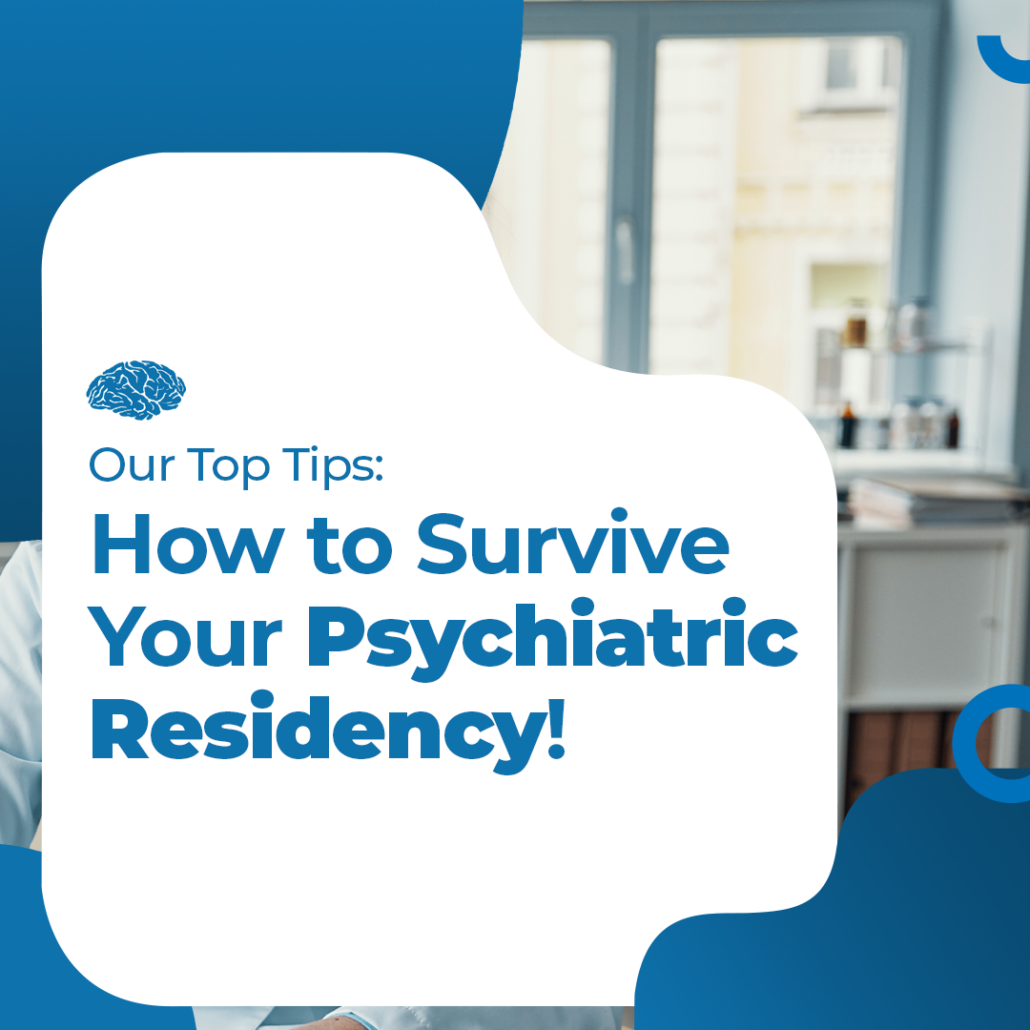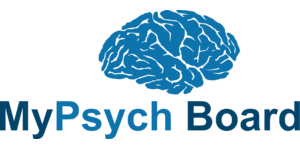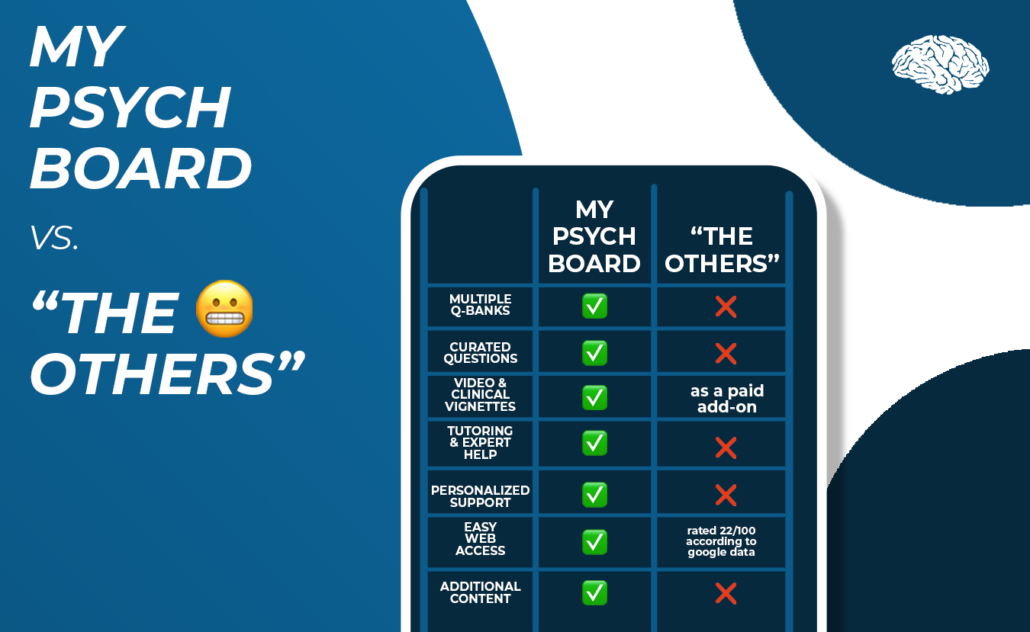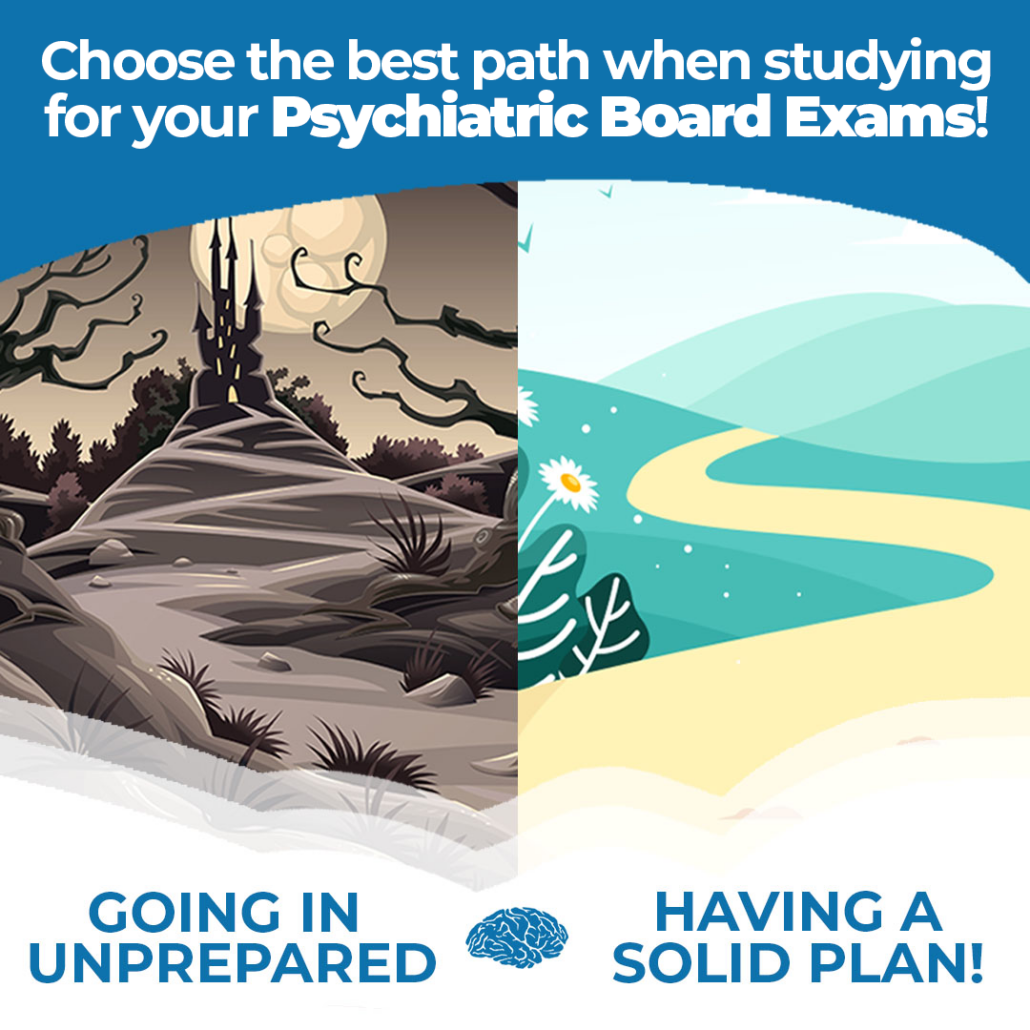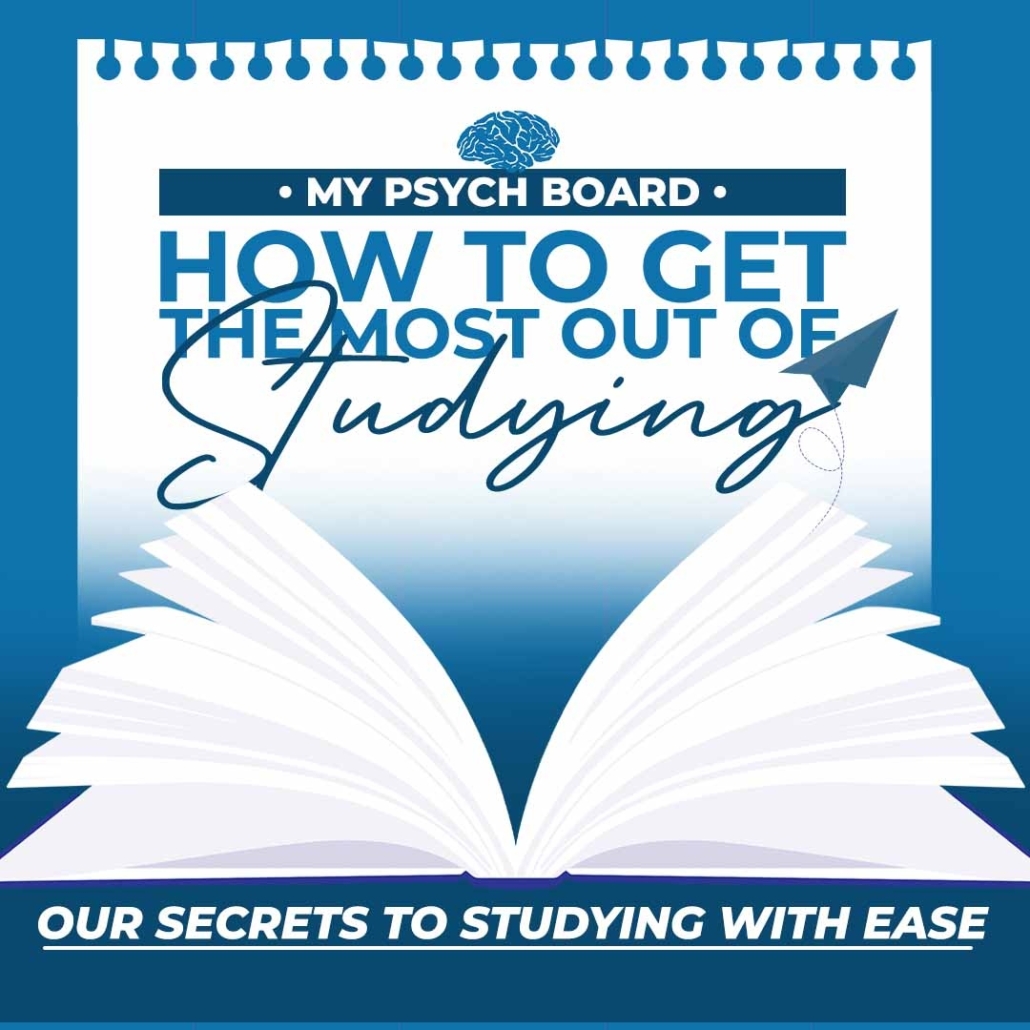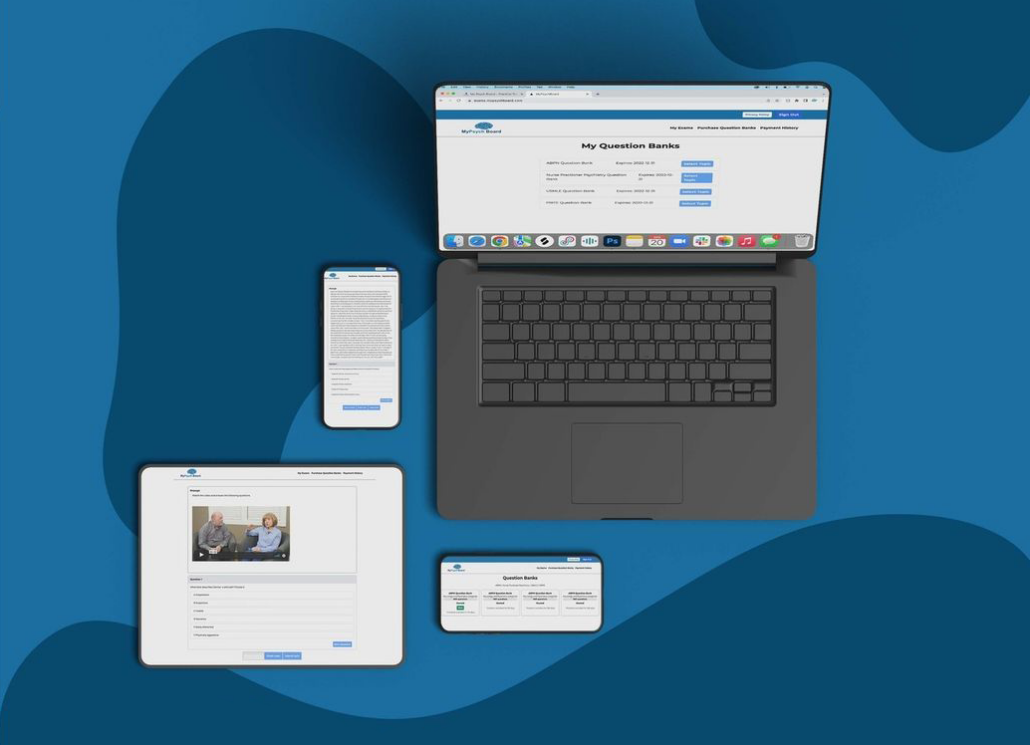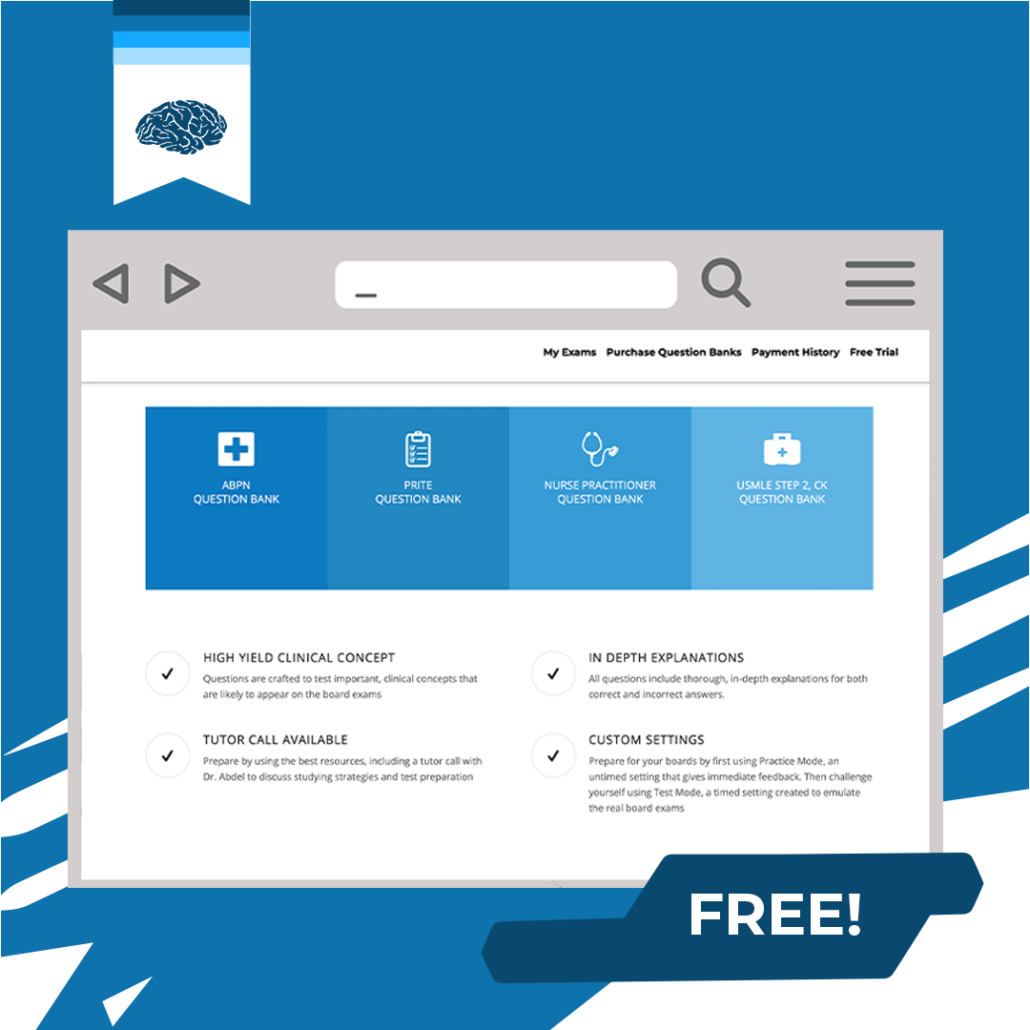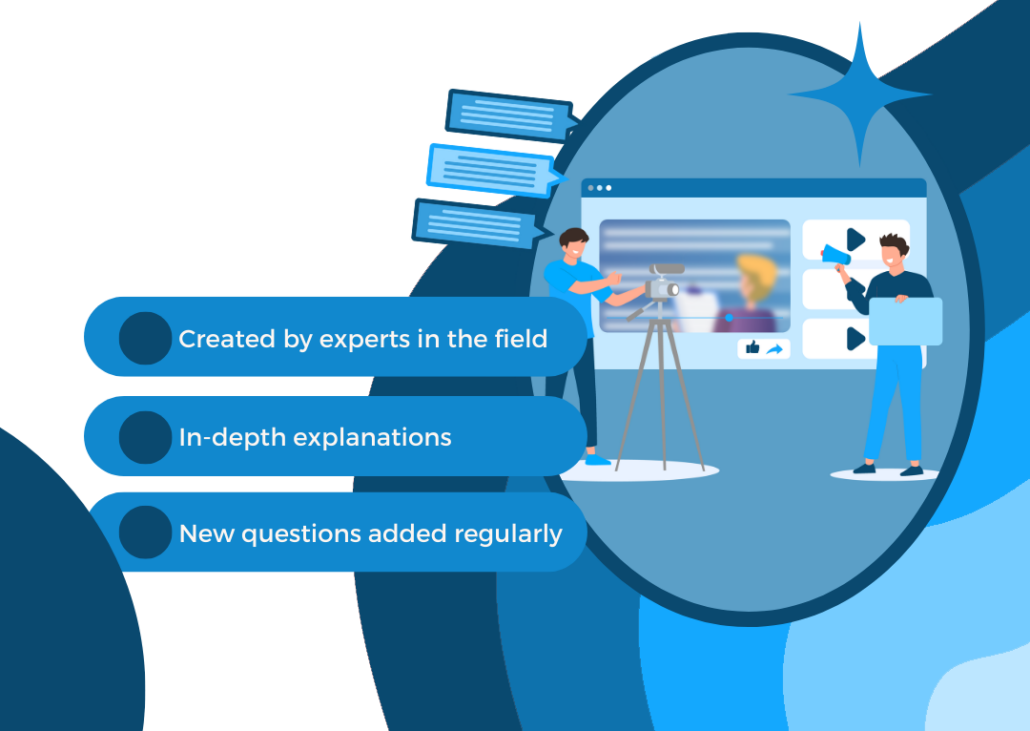PHARMACEUTICAL SPECIFICATIONS FOR DEPRESSION
Will SSRI and SNRI side effects go away with time?
SRIs and SNRIs are safer and better tolerated than other classes of antidepressants. Side effects are typically mild and they often go away after using the medication for a few days. Common side effects during the initiation of treatment that typically go away with time include gastrointestinal disturbance, headache, decreased appetite, and initial weight loss. Symptoms that sometimes go away with time include insomnia, vivid dreams, and emotional blunting. Other symptoms, if present, are likely to not resolve on their own which include sexual dysfunction (decreased libido or arousal, anorgasmia, and delayed ejaculation in men), restlessness/akasthisia, and weight gain. There is no consistent weight gain in short-term RCTs (4-12 weeks), but retrospective cohorts indicate they may cause modest gains of up to 1kg on average after 1 year.
What antidepressants are safe in liver disease?
Antidepressant drugs can cause drug-induced liver injury. Although data on antidepressant-induced liver injury are scarce, 0.5%−3% of patients treated with antidepressants may develop asymptomatic mild elevation of serum aminotransferase levels. All antidepressants can induce hepatotoxicity, especially in elderly patients and those with polypharmacy. Liver damage is in most cases idiosyncratic and unpredictable, and it is generally unrelated to drug dosage. The antidepressants associated with greater risks of hepatotoxicity are iproniazid, nefazodone, phenelzine, imipramine, amitriptyline, duloxetine, bupropion, trazodone, tianeptine, and agomelatine. The antidepressants that seem to have the least potential for hepatotoxicity are citalopram, escitalopram, paroxetine, and fluvoxamine.
What antidepressants are safe in kidney disease?
Comorbidity rates of depression in patients with renal disease are high, making the use of antidepressants in renal disease common. SSRIs are generally preferred in this population and medications should be started a low doses and titrated slowly. Among the SNRIs venlafaxine may be used, however the require dose adjustments and duloxetine should be avoided in severe renal impairment. Bupropion should be avoided in patients with chronic renal failure and on dialysis since the active metabolite (hydroxybupropion) is not dialyzable and plasma levels are increased in patients with even mild renal impairment thus increasing the risk for seizures and other adverse side effects. TCAs should be decreased by 50% in geriatric patients with moderate to severe renal dysfunction.
What other conditions are antidepressants used for?
The use of antidepressant medications are not limited to depressive disorders. There is evidence for a variety of indications. Some of these include:
- Obsessive compulsive disorder: SSRIs (in high doses), TCAs (clomipramine)
- Panic disorder: SSRIs, TCAs, MAOIs
- Eating disorders: SSRIs (in high doses), TCAs
- Social anxiety disorder (social phobia): SSRIs, SNRIs, MAOIs
- Generalized anxiety disorder: SSRIs, SNRIs (venlafaxine), TCAs
- Posttraumatic stress disorder: SSRIs
- Irritable bowel syndrome: SSRIs, TCAs
- Enuresis: TCAs (imipramine)
- Neuropathic pain: TCAs (amitriptyline and nortriptyline), SNRIs
- Chronic pain: SNRIs, TCAs
- Fibromyalgia: SNRIs
- Migraine headaches: TCAs (amitriptyline)
- Smoking cessation: Bupropion
- Premenstrual dysphoric disorder: SSRIs
- Insomnia: Mirtazapine, trazodone, TCAs (doxepin)
TREATMENT RESISTANT DEPRESSION
What is the definition of treatment-resistant depression?
Treatment-resistant depression (TRD) is most commonly defined as a failure of treatment response or remission with two or more treatment attempts of adequate dose and duration. Unfortunately, there is not a clear consensus about this definition. Specifically, what is an adequate response? 50% reduction in symptoms? Complete resolution of symptoms? Also, what are the specifics regarding the adequacy of both dose and duration of treatment?
While not a consensus, the most commonly used definition in research studies regarding response are the following :
- No response: Improvement <25 percent.
- Partial response: Improvement 25 to 49 percent.
- Response: Improvement ≥50 percent but less than the threshold for remission.
- Remission: Rating scale scores within the normal range.
What are augmentation options if antidepressant medications fail to show an adequate response?
Some patients may not achieve an adequate treatment response after a full trial of SSRI or SNRI at therapeutic doses. If there is no response then switching to another medication in the same class or a different class should be considered. If there is some response than maximizing dose or augmentation strategies should be considered. There are a number of medications that have been trialed for treatment resistant depression. We will list some of the more common augmentation strategies below:
- Buproprion: included in the STAR*D trial and typically well-tolerated from a side effect perspective. Can also help with SSRI induced sexual side effects, smoking cessation, and weight loss.
- Mirtazapine: effective antidepressant and improves appetite and sleep. Be aware of weight gain and sedation.
- Lithium: well supported in the literature and is recommended by the NICE guidelines.
- Second-generation antipsychotics (SGAs): particularly aripiprazole, quetiapine, olanzapine, and risperidone (2nd choice) have shown to be effective.
- Buspirone: supported by STAR*D trial. High doses are usually required and poorly tolerated due to dizziness at high doses.
- Lamotrigine: reasonably well researched and possibly the best tolerated augmentation strategy. Appropriate dosing is unclear and requires slow titration due to risk of Steven Johnson’s Syndrome.
- T3 (Triiodothyronine): augmentation has some research support but also has negative studies.
- TCAs or MAOIs can be used as augmentation or to replace the primary antidepressant (SSRI/SNRI). Often considered later in the treatment algorithm due to significant side effects, food restrictions, and higher lethality in overdose.
INTERVENTION TECHNIQUES FOR TREATMENT RESISTANT DEPRESSION
What interventional techniques are available for treatment resistant depression?
Electroconvulsive Therapy (ECT)
- Formerly known as shock therapy.
- Involves a brief electrical stimulation (generalized seizure) of the brain while the patient is under general anesthesia.
- Most effective and rapid treatment in severe depression, psychotic depression, depression with catatonia, and treatment refractory depression.
- There are no absolute contraindications to ECT, however several relative contraindications exist including recent myocardial infarction or stroke, increased intracranial pressure, retinal detachment, and unstable dentition.
- Standard practice in the U.S. is to give treatments three times per week.
- Most symptoms improve substantially in 6-12 treatments, however there is no absolute standard number of treatments.
- Certain medications that affect the seizure threshold should be held prior to ECT including benzodiazepines, valproate, lamotrigine, gabapentin, carbamezapine, and lithium.
- ECT can cause acute confusion, anterograde and retrograde amnesia. These are typically the most feared side effects from patients. Many patients do experience some adverse cognitive effects, however objecting indicates that impairment is generally short lived (weeks). ECT does not appear to be associated with an increased risk of dementia.
Transcranial Magnetic Stimulation (TMS)
- Machine that produces weak repetitive electric currents in the brain tissue by rapidly changing magnetic fields.
- Numerous small-scale studies have demonstrated efficacy in the treatment of major depression; however, studies show less efficacy than for ECT.
- TMS works by passing a weak alternating electrical current through a metal coil placed against the scalp. This produces rapidly changing magnetic fields. These magnetic signals pass through the skull and induce electric currents that depolarize neurons in a specific area of the surface of the cortex and associated neural circuits. The mechanism of antidepressant effects is not completely understood.
- FDA approved for major depressive disorder, migraine headaches, and obsessive-compulsive disorder. There is also growing evidence for anxiety disorders and PTSD.
- Treatment typically occurs every weekday for 4 to 6 six weeks or a total of 20-30 treatments. Each session lasts around 30-40 minutes.
- Relative contraindications of TMS include implanted metallic hardware or electrical devices and unstable general medical disorders. Patients with epilepsy or increased risks of seizures can be considered for low frequency TMS if benefits outweigh the risks.
Intranasal Ketamine
- Ketamine is technically considered a dissociative anesthetic, however has been discovered to be helpful in treatment resistant depression. It is an NMDA glutamate antagonist and also affects brain growth factors and opioid receptors, suggesting a possible mechanism for its antidepressant properties.
- Unlike many of our treatment options (antidepressant medications, psychotherapy, TMS) esketamine nasal spray has the unique benefit of a rapid onset of action to reduce suicidality or other serious acute symptoms of depression.
- The recommended frequency of intranasal esketamine for acute suicidal ideation or behavior in adults with unipolar major depression is twice weekly for four weeks. After four weeks of treatment with esketamine, its benefit should be evaluated to determine the need for ongoing treatment.
- Side effects may include increased blood pressure, perceptual disturbances, or dissociative / out of body experiences.
Vagus Nerve Stimulation (VNS)
- Surgical treatment involving the implantation of a medical device that sends electrical impulses to the brain via the vagus nerve.
- Has been used for epilepsy since 1997 and for refractory major depression since 2005.
Deep Brain Stimulation (DBS)
- Surgical treatment involving the implantation of a medical device that sends electrical impulses to specific parts of the brain.
- Originally used in treatment refractory neurologic conditions such as Parkinson’s disease, dystonia, and tremor.
- Now used in treatment refractory major depression.
REFERENCES
1. Hasin DS, Sarvet AL, Meyers JL, et al. Epidemiology of Adult DSM-5 Major Depressive Disorder and Its Specifiers in the United States. JAMA Psychiatry. 2018;75(4):336–346. doi:10.1001/jamapsychiatry.2017.4602
2. National Institute for Health and Care Excellence. (2009). Depression in adults: recognition and management. Retrieved from https://www.nice.org.uk/guidance/cg90/chapter/Recommendations
3. Cuijpers, P., Andersson, G., Donker, T., & van Straten, A. (2011). Psychological treatment of depression: results of a series of meta-analyses. Nordic journal of psychiatry, 65(6), 354–364. https://doi.org/10.3109/08039488.2011.596570
4. Blumenthal SR, Castro VM, Clements CC, et al. An Electronic Health Records Study of Long-Term Weight Gain Following Antidepressant Use. JAMA Psychiatry. 2014;71(8):889–896. doi:10.1001/jamapsychiatry.2014.414
5. Voican, C. S., Corruble, E., Naveau., and Perlemuter, G. (2014). Antidepressant-Induced Liver Injury: A Review for Clinicians. The American Journal of Psychiatry. https://doi.org/10.1176/appi.ajp.2013.13050709
6. Ward, S. W., Reach, W. J., & Thomas, C. (2016). When to adjust the dosing of psychotropics in patients with renal impairment. Current Psychiatry, 15(8), 60–66.
7. Puckett, J. A., Beach, S. R., & Taylor, J. B. (2020). Pocket psychiatry. Wolters Kluwer.
8. Gaynes BN, Asher G, Gartlehner G, Hoffman V, Green J, Boland J, Lux L, Weber RP, Randolph C, Bann C, Coker-Schwimmer E, Viswanathan M, Lohr KN. Definition of Treatment-Resistant Depression in the Medicare Population. Technology Assessment Program. Project ID: PSYT0816. (Prepared by RTI–UNC Evidence-Based Practice Center under Contract No. HHSA290201500011I_HHSA29032006T). Rockville, MD: Agency for Healthcare Research and Quality. February 2018. http://www.ahrq.gov/clinic/epcix.htm.
9. Taylor, D., Barnes, T. R. E., Young, A. H. (2018). Depression. The Maudsley Prescribing Guidelines in Psychiatry (13th ed., pp. 208–212). Wiley Blackwell.
10. Williams, N. R., Taylor, J. J., Kerns, S., Short, E. B., Kantor, E. M., & George, M. S. (2014). Interventional psychiatry: why now?. The Journal of clinical psychiatry, 75(8), 895–897. https://doi.org/10.4088/JCP.13l08745
11. United States Food and Drug Administration approved labelling. https://www.accessdata.fda.gov/drugsatfda_docs/label/2020/211243s004lbl.pdf (Accessed on August 10, 2020).
